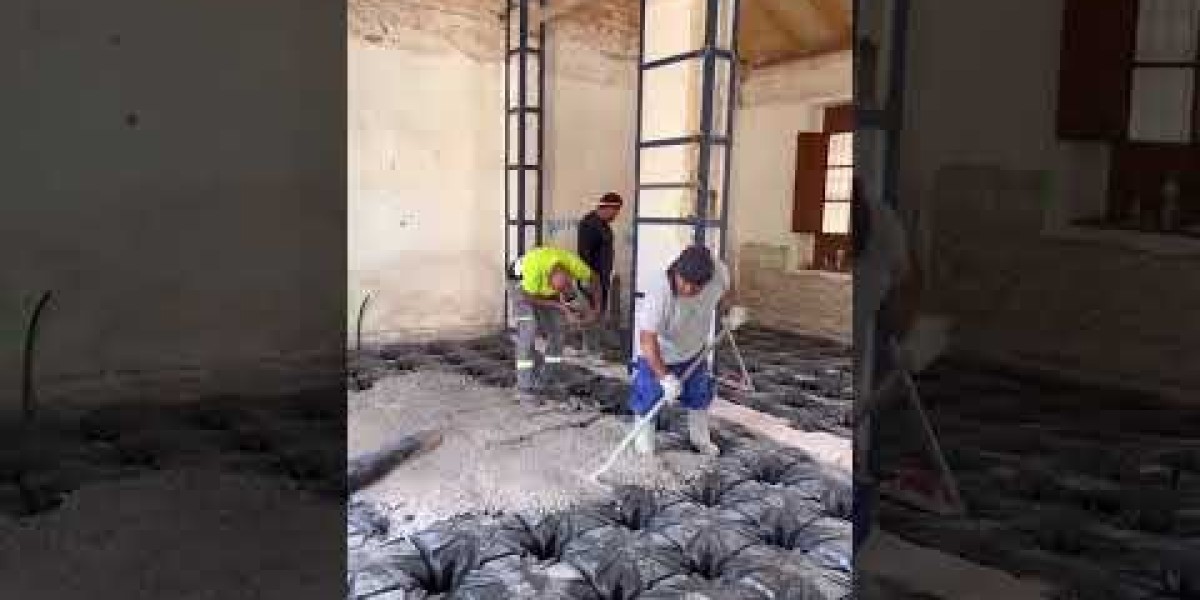In today's fast-paced, technology-driven world, children are facing more stress and anxiety than ever before. As a child psychologist with years of experience in child therapy, I have seen firsthand the toll that modern stressors can take on young minds. From academic pressure to social media influence, children are navigating a complex landscape of anxiety triggers that can leave them feeling overwhelmed and helpless. In this article, we will discuss effective strategies for helping anxious kids cope with the challenges of today's world.
Understanding the Root Causes of Anxiety in Children
Children's anxiety can stem from a variety of sources, including academic expectations, peer relationships, family dynamics, and societal pressures. It is essential to identify the underlying causes of a child's anxiety to provide targeted support and interventions. By conducting a thorough assessment and gathering information from parents, teachers, and the child themselves, we can gain valuable insights into the triggers and maintaining factors of the anxiety.
Providing a Safe and Supportive Environment
One of the most critical steps in helping anxious kids is to create a safe and supportive environment where they feel comfortable expressing their feelings. Encouraging open communication and active listening can help children feel heard and understood, which can reduce their anxiety levels. By validating their emotions and offering reassurance, we can help children develop coping strategies and build resilience in the face of stress.
Teaching Coping Skills and Stress Management Techniques
Empowering children with practical coping skills and stress management techniques is essential for helping them navigate anxiety-provoking situations. By teaching children relaxation exercises, mindfulness practices, and positive self-talk, we can equip them with the tools they need to regulate their emotions and reduce anxiety. Additionally, creating a routine and structure can provide a sense of stability and predictability, which can help alleviate anxiety symptoms.
Encouraging Healthy Habits and Self-Care Practices
Incorporating healthy habits and self-care practices into a child's daily routine can have a significant impact on their overall well-being. Encouraging regular exercise, proper nutrition, and adequate sleep can support physical health and promote mental wellness. Additionally, engaging in activities that bring joy and relaxation, such as hobbies, art, music, or spending time in nature, can help children unwind and recharge from the demands of daily life.
The Role of Family Support and Therapy
Family support plays a crucial role in helping anxious kids cope with the challenges of modern stress. By involving parents and caregivers in the therapeutic process, we can create a holistic approach to addressing a child's anxiety. Family therapy sessions can help improve communication, strengthen relationships, and provide parents with the tools they need to support their child effectively.
Seeking Professional Help and Intervention
In some cases, children may require professional help and intervention to manage their anxiety effectively. Child therapy, including cognitive-behavioral therapy, play therapy, and exposure therapy, can provide children with the skills and strategies they need to overcome their fears and anxieties. Additionally, medication may be recommended in severe cases of anxiety, under the supervision of a qualified healthcare provider.
Building Resilience and Promoting Positive Mental Health
Ultimately, helping anxious kids cope with modern stress is about building resilience, promoting positive mental health, and fostering a supportive environment where children feel safe, valued, and empowered. By working collaboratively with parents, teachers, and mental health professionals, we can create a network of support that helps children thrive in today's challenging world.
In conclusion, as a child psychologist with expertise in child therapy, I am passionate about helping anxious kids navigate the complexities of modern stress and anxiety. By providing a safe and supportive environment, teaching coping skills and stress management techniques, and involving families in the therapeutic process, we can empower children to overcome their fears and thrive in today's world. It is essential to prioritize children's mental health and well-being, and by working together, we can make a positive impact on the lives of anxious kids everywhere.







